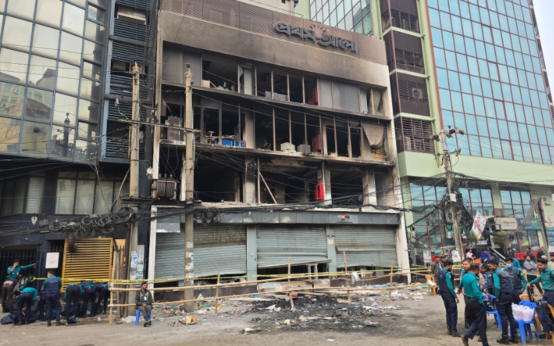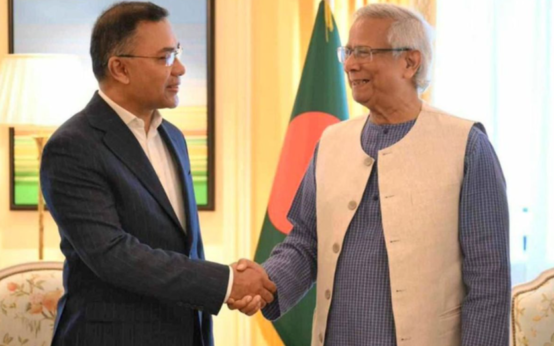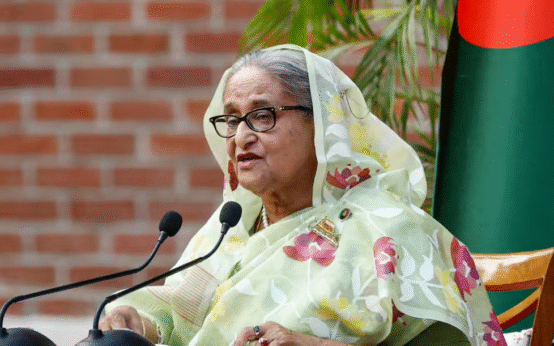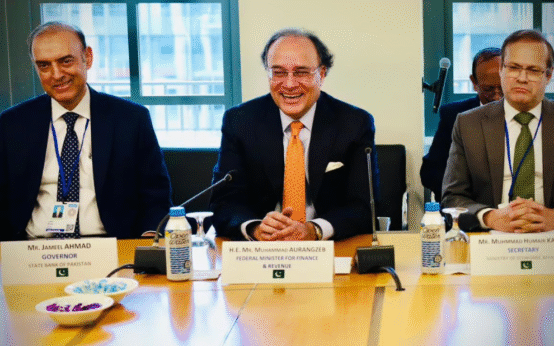Pakistan and Bangladesh have taken an important step toward improving their relationship by agreeing to reactivate the Joint Economic Commission after almost two decades. This move is expected to create new opportunities in trade, investment, and cooperation across different industries. The decision shows that both countries want to leave behind years of slow progress and focus on building stronger economic ties for the future.
Long Gap between Pakistan and Bangladesh come to end
The JEC was last active in 2005, and since then, trade talks between the two nations had remained limited. For nearly 20 years, officials from Islamabad and Dhaka did not use this platform to address economic challenges or explore trade opportunities. Now, by reviving the JEC, both sides are signaling that they want to give economic cooperation a fresh start.

The announcement came during the visit of Pakistan’s Commerce Minister Jam Kamal Khan to Dhaka. He met Bangladesh’s Commerce Adviser Sheikh Bashir Uddin and other officials to discuss trade relations. Both sides agreed to restart the JEC and to form a Joint Working Group that will prepare a roadmap for cooperation.
They also talked about setting up a Trade and Investment Commission, which will focus on business-friendly policies and new partnerships.
This visit highlighted the need to look beyond past political differences and to focus on areas where both countries can benefit, such as textiles, agriculture, pharmaceuticals, and energy.
Trade Figures Show Big Potential in Businesses
At present, the trade between Pakistan and Bangladesh is small compared to their potential. In 2023–24, Pakistan exported goods worth $661 million to Bangladesh, while imports from Bangladesh stood at only $57 million. Experts believe that if both countries remove barriers and work together, trade could reach $3 billion in the coming years.

Sectors like garments, leather, chemicals, pharmaceuticals, and agri-products offer huge opportunities. Pakistan’s textile and chemical industries could provide raw materials to Bangladesh’s garment sector, while Bangladesh could export ready-made garments, jute, and pharmaceuticals to Pakistan.
Positive but Cautious Business Response
Business leaders in Bangladesh welcomed the revival of the JEC but also expressed caution. They said that agreements need to be backed by practical action and clear direction. For example, leaders in the Bangladesh Garment Manufacturers and Exporters Association see benefits in working with Pakistan, especially in textiles and chemicals, but they stressed that follow-through is key.
During the talks, both sides addressed some long-standing issues. Bangladesh agreed to remove anti-dumping duties on hydrogen peroxide a chemical that Pakistan exports. It also reinstated duty-free tea export quotas, which the government had previously suspended. Observers see these steps as positive gestures that could build trust and encourage smoother trade in the future.


 Another Hindu man set on fire in Bangladesh, escapes by jumping into pond
Another Hindu man set on fire in Bangladesh, escapes by jumping into pond  In Our Defence Podcast: Is Bangladesh Becoming East Pakistan 2.0?
In Our Defence Podcast: Is Bangladesh Becoming East Pakistan 2.0?  Tarique Rahman Returns to Bangladesh After 17 Years in Exile
Tarique Rahman Returns to Bangladesh After 17 Years in Exile  Himanta Taunts Gogoi “He Can Contest Elections in Pakistan”
Himanta Taunts Gogoi “He Can Contest Elections in Pakistan”  Bangladesh Awaits Crucial Verdict Against Ousted PM Sheikh Hasina
Bangladesh Awaits Crucial Verdict Against Ousted PM Sheikh Hasina  Pakistan FM IMF Cannot Impose Conditions on National Interests
Pakistan FM IMF Cannot Impose Conditions on National Interests